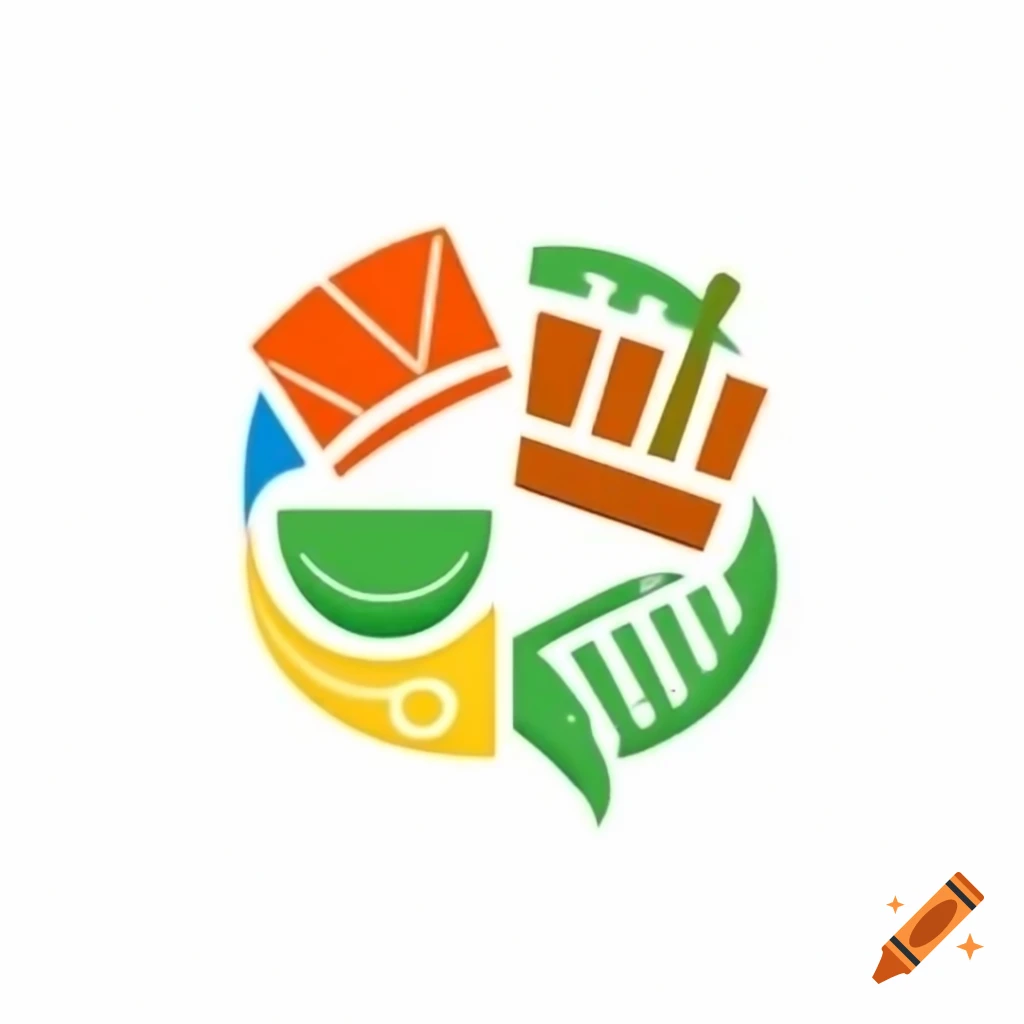Learn everything you need to know about the Social Security Administration, its programs, benefits, and how it impacts your financial security. Discover eligibility requirements, application processes, and tips to maximize your benefits.
Introduction
The Social Security Administration (SSA) plays a vital role in providing financial stability for millions of Americans. Whether you’re planning for retirement, managing a disability, or seeking survivor benefits for your family, the SSA is a cornerstone of the U.S. social safety net. This article offers a detailed look into what the SSA does, how it works, and why it’s essential for your financial future.
What Is the Social Security Administration (SSA)?
The Social Security Administration is a federal agency established in 1935 as part of the Social Security Act. Its primary goal is to administer programs that provide financial assistance to eligible individuals, ensuring they have a safety net during retirement, disability, or times of economic hardship.
Key programs under SSA include:
- Retirement Benefits: Monthly payments to retired individuals based on their work history and contributions to the Social Security system.
- Disability Insurance (SSDI): Benefits for individuals unable to work due to a qualifying disability.
- Supplemental Security Income (SSI): Financial aid for individuals with limited income and resources.
- Survivor Benefits: Support for family members of deceased workers who contributed to Social Security.
How the SSA Works
The SSA operates by collecting payroll taxes through the Federal Insurance Contributions Act (FICA). Employers, employees, and self-employed individuals contribute a portion of their earnings to fund Social Security programs.
Steps in the SSA Process:
- Application: Eligible individuals apply for benefits either online, by phone, or at a local SSA office.
- Verification: The SSA reviews your work history, income, and other eligibility criteria.
- Approval or Denial: Applications are either approved with a detailed benefits breakdown or denied with an explanation.
- Payments: Approved beneficiaries receive monthly payments directly to their bank accounts.
Who Is Eligible for Social Security Benefits?
Eligibility for SSA benefits depends on the type of assistance you need.
Retirement Benefits:
- Must have worked for at least 10 years (40 credits).
- The minimum age to claim benefits is 62, but full benefits are available at 66-67, depending on your birth year.
Disability Benefits:
- Must meet the Social Security Administration’s definition of disability.
- Requires sufficient work credits or, for younger workers, fewer credits based on age.
Survivor Benefits:
- Spouses, children, and dependent parents of deceased workers may qualify.
SSI Benefits:
- Available to individuals aged 65+, blind, or disabled with limited income and resources.
How to Apply for Social Security Benefits
Applying for SSA benefits is straightforward but requires preparation.
Steps to Apply:
- Gather Necessary Documents: Birth certificate, Social Security card, proof of income, and medical records (if applying for disability).
- Submit Your Application: Online at ssa.gov, via phone, or in person.
- Await Confirmation: The SSA reviews your case and may request additional documentation.
- Receive Decision: Approval notifications include details about benefit amounts and payment schedules.
Maximizing Your Social Security Benefits
To make the most of your Social Security benefits, consider these tips:
Delay Claiming Benefits:
- Waiting until full retirement age (or beyond) can significantly increase monthly payments.
Continue Working:
- The longer you work, the higher your average earnings, which boosts your benefit amount.
Coordinate with Spouses:
- Married couples can strategize to maximize benefits through spousal and survivor benefits.
Stay Informed:
- Use the SSA’s online tools to estimate benefits and track your earnings record.
Common Challenges and How to Overcome Them
Applying for SSA benefits can sometimes be a complex process.
Denial of Claims:
- Solution: Appeal the decision within 60 days. Provide additional evidence if necessary.
Delays in Processing:
- Solution: Ensure all documents are submitted correctly and follow up regularly.
Understanding Eligibility Rules:
- Solution: Consult SSA representatives or professional advisors for guidance.
Future of the Social Security Administration
The SSA faces challenges such as an aging population and funding sustainability. Despite these issues, the government continues to work on reforms to ensure the program’s longevity. Staying informed about potential changes can help you plan effectively.
Conclusion
The Social Security Administration is more than just a government agency; it’s a lifeline for millions. Whether you’re planning for retirement, coping with a disability, or ensuring financial security for your loved ones, understanding the SSA’s programs is crucial. By staying informed and proactive, you can maximize your benefits and secure a stable financial future.










